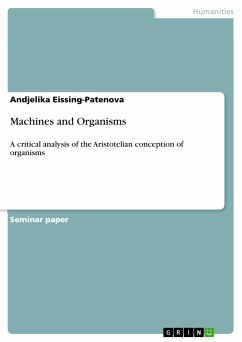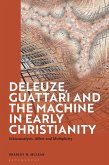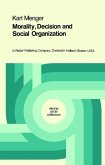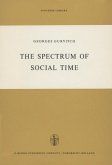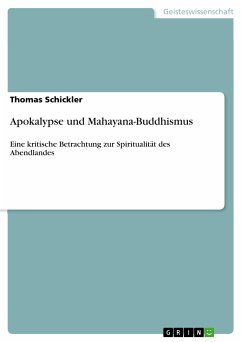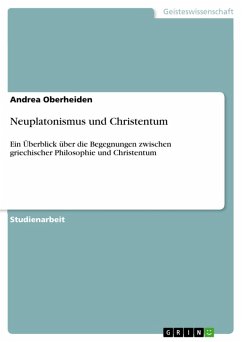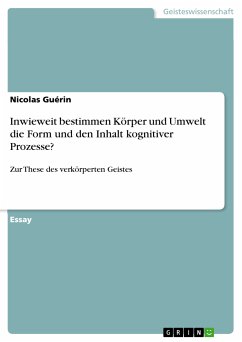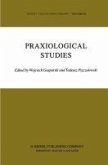Seminar paper from the year 2019 in the subject Philosophy - Miscellaneous, grade: 1,00, University of Salzburg, language: English, abstract: Technological developments of artificial intelligence paired with incredibly realistic simulations of organic bodies will probably make machines hardly differentiable from living beings in the near future. The increasing possibilities of replacing bodily parts by robotic replications do not simplify a strict division between organisms and machines. Therefore, it is relevant to think about the question whether modern machines can be subsumed under well-known concepts of organisms. And if they do, can we accept that? Or should such concepts be rethought and updated? In her paper "Organismus - Maschine: Analogie oder Gegensatz", Marianne Schark compares the Aristotelian and the Cartesian conception of organisms. According to the Aristotelian conception, living beings consist of a physical body (matter) and a soul (form), which is necessary for viability. According to Aristoteles, the organic body functions as the soul's tool. Supporters of the Cartesian conception criticize this theory by claiming that animals are nothing more than organized bodies and thus do not differ from machines. In general, those two conceptions vary regarding their interpretations of the nature of abilities: While, according to Aristoteles, living beings possess active abilities, Rene¿ Descartes rather considers them as merely having passive dispositions. Since it seems obvious that modern machines can be considered as organisms according to the Cartesian conception, in this paper, I will focus on the more ambiguous Aristotelian conception. I argue for the claim that modern machines can be considered as organisms even according to the Aristotelian conception of organisms. If this is true, we should seriously think about which distinctive features still differentiate organisms from modern machines and consequently, whether an introduction of new theoretical approaches of organisms is required.
Dieser Download kann aus rechtlichen Gründen nur mit Rechnungsadresse in A, B, BG, CY, CZ, D, DK, EW, E, FIN, F, GR, HR, H, IRL, I, LT, L, LR, M, NL, PL, P, R, S, SLO, SK ausgeliefert werden.
Hinweis: Dieser Artikel kann nur an eine deutsche Lieferadresse ausgeliefert werden.

